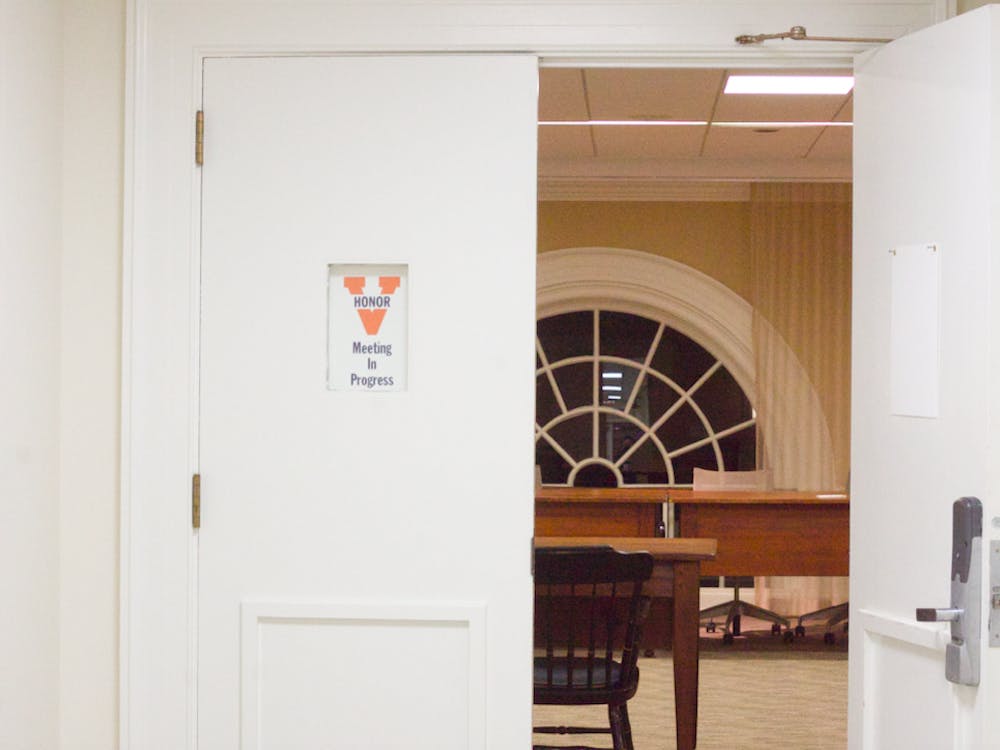Last week Brussels was shaken by a terrible terrorist attack. The city airport and metro were both bombed, killing at least 31 people and injuring more than 260. The reaction to this terror attack has been what we can unfortunately call routine: outpouring support for the victims, renewed discussion on the refugees streaming into Europe and the place Islam had in motivating these attacks. One of the major differences with the conversation surrounding this attack is the amount of people that suddenly question whether Brussels is a safe city. Brussels is, in fact, a safe city, and it’s counterproductive for people to fear-monger about the threat people in the city are under.
Before this attack, Brussels already had a reputation for being a base for terrorism. Only days before the attacks, the Belgian police shot and arrested Salah Abdeslam, a man connected with the Paris attacks. The city is full of immigrants and refugees, making it a fertile recruiting ground for radical preachers. Adding to this reputation are articles on major news sites that lambast how dangerous Brussels is. CNN published an article last week titled “Why Belgium is Europe’s front line in the war on terror” that played right into this narrative.
Arguments that Brussels has a problem with terrorism and radicalization are not wrong — Belgium has the highest number of foreign fighters in Syria per capita of any country in Europe. This is in part because Belgium has a 6 percent Muslim population, second only to France in Europe. Add to that the fact that Belgian Muslims deal with a disproportionate amount of poverty and crime, and it’s not difficult to see why fundamentalist messages take hold. But this does not mean Brussels, or any other city in Belgium, is not safe. Though tragic and too deadly, this recent attack has been preceded by only one other Islamic terrorist attack. More major attacks have occurred in France and England in the last 10 years, yet the narrative about how dangerous Brussels is persists.
Notably, official agencies have not given in to the fear many news sites link to Brussels. The U.K. and U.S. governments have released warnings about the attacks in Brussels but have not felt the need to restrict travel to the city. As far as I can find, no Western country has restricted travel to anywhere in Belgium. If the threat were really as great as some headlines say, governments would make it harder for their citizens to travel there. The Schengen Zone in Europe theoretically makes it impossible to restrict travel between European countries, but the recent refugee crisis has shown that this ideal can bend when placed under pressure. If there were a real threat in Brussels, I have no doubt governments would recommend citizens not visit the city, if not forbid them from going altogether. However, the threat to residents and tourists in Brussels from terrorism is not significant.
One of the biggest reasons not to fear Brussels is that a fear of being killed by a terrorist in the city is fairly irrational. Including this most recent attack there have been 37 people killed by terrorist in Brussels in the last five years. Belgium hosted over 7.6 million tourists in 2013 alone. Even if all the terrorist attacks happened in only one year, the odds you would be killed by one is .000461 percent. There are much higher odds of a car hitting you in the street in Brussels than being killed in a terrorist attack. Brussels also has a very active and effective security force. Only last year they were able to detect and apprehend terrorist actively planning an attack.
I was actually in Brussels almost two weeks ago — I flew in the airport and used the train station that was bombed. It is surreal and slightly scary to see the scenes of destruction right where I had been standing. Despite this natural feeling of fear, I still would go back to Brussels in a heartbeat. The terrorist attack was deadly and tragic, but I never felt unsafe while I was in the city. The city hasn’t suddenly changed because of this terrorist attack, and saying so gives the terrorists way too much credit. Brussels has to deal with this problem, but the problem does not define the city. As the host for the headquarters of the EU and NATO, Brussels should be seen as an example of cooperation and global unity. Don’t give into the narrative of fear recent events have reignited; be strong enough to look at Brussels as a safe city.
Bobby Doyle is an Opinion columnist for The Cavalier Daily. He can be reached at b.doyle@cavalierdaily.com.





